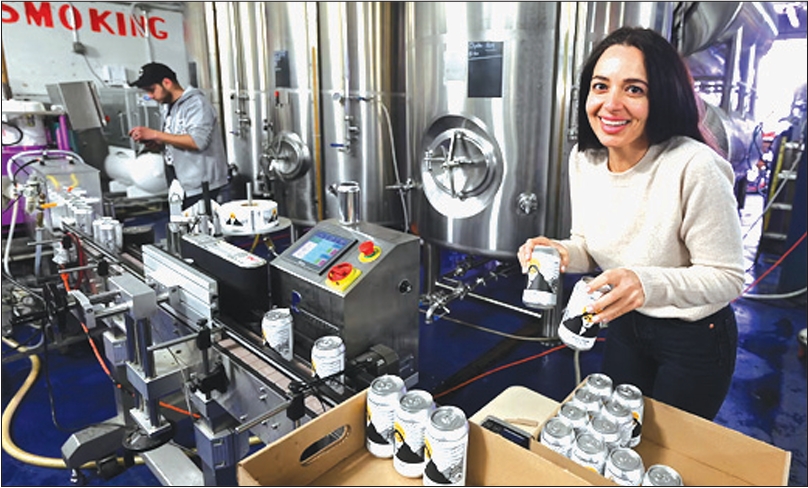In a recent case, the Federal Court of Canada said there were “dozens” of significant translation errors that almost got Iranian Ali Zaree wrongly deported.
The problem is the simultaneous translations done in courtrooms while someone who cannot speak English or French well chooses to testify in his or her native language. Immigration lawyers in Canada have frequently complained of low quality translations.
A Montreal hearing to determine if Zaree was a legitimate refugee fearing for his life got off to a poor start when it became clear the certified Farsi-to-English interpreter spoke poor English, according to a new decision from the Federal Court of Canada.
“Even the applicant, who speaks no French and understands very little English, noticed that [the translator’s] English was not very good,” wrote Justice Luc Martineau. A request to translate into French instead was denied by the Immigration and Refugee Board (IRB).
Zaree told Canadian officials that in 2005 he was introduced to the Communist Party of Iran through a friend and became a member, distributing pamphlets, including one to a friend named Amir. Amir was later arrested and, two days later, Iranian authorities came to Zaree’s home after Amir had apparently turned him in.
Zaree fled and claimed refugee protection in Canada, where he continued his activism against the Iranian regime.
But the National Post reported that the Federal Court complained that throughout his IRB hearing, questions, answers, key words and even dates were misinterpreted.
For example, the Farsi word for “member” of the Communist Party was mistranslated as “supporter.”
More than 40 errors were tabulated after the two-hour hearing. The decision to send Zaree back was appealed to the Federal Court. Justice Martineau overturned the IRB’s decision and Zaree will now be given a new hearing.
“This is an important issue,” said Annie Bélanger, Mr. Zaree’s lawyer. “I have complained about translation problems many, many times. I have written to the IRB about many problems they have with their language interpreting. It puts everyone in a very difficult situation.”
The IRB has the largest foreign-language interpreter program in Canada with 1,200 interpretation contractors accredited in 267 languages and dialects participating in 50,000 proceedings per year, said an IRB spokesman. All interpreters are tested before accreditation.
But mistakes are still made.
This summer, a woman claiming political persecution was on the verge of deportation to her native Kenya after her testimony at a refugee hearing was deemed incoherent and evasive—until it was revealed that a Swahili translator had “butchered” what she was saying.
In that case, among several errors, the woman testified that her son went to political rallies and put up opposition posters. The interpreter gave her answer in English: “Sometimes he come home with postage.”
In another case, a refugee claim was delayed for years because a qualified Kusai translator could not be found. It took so long that the claimant had learned English well enough to testify without a translator.
























